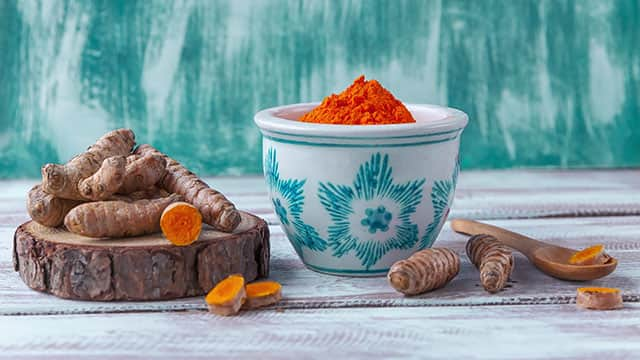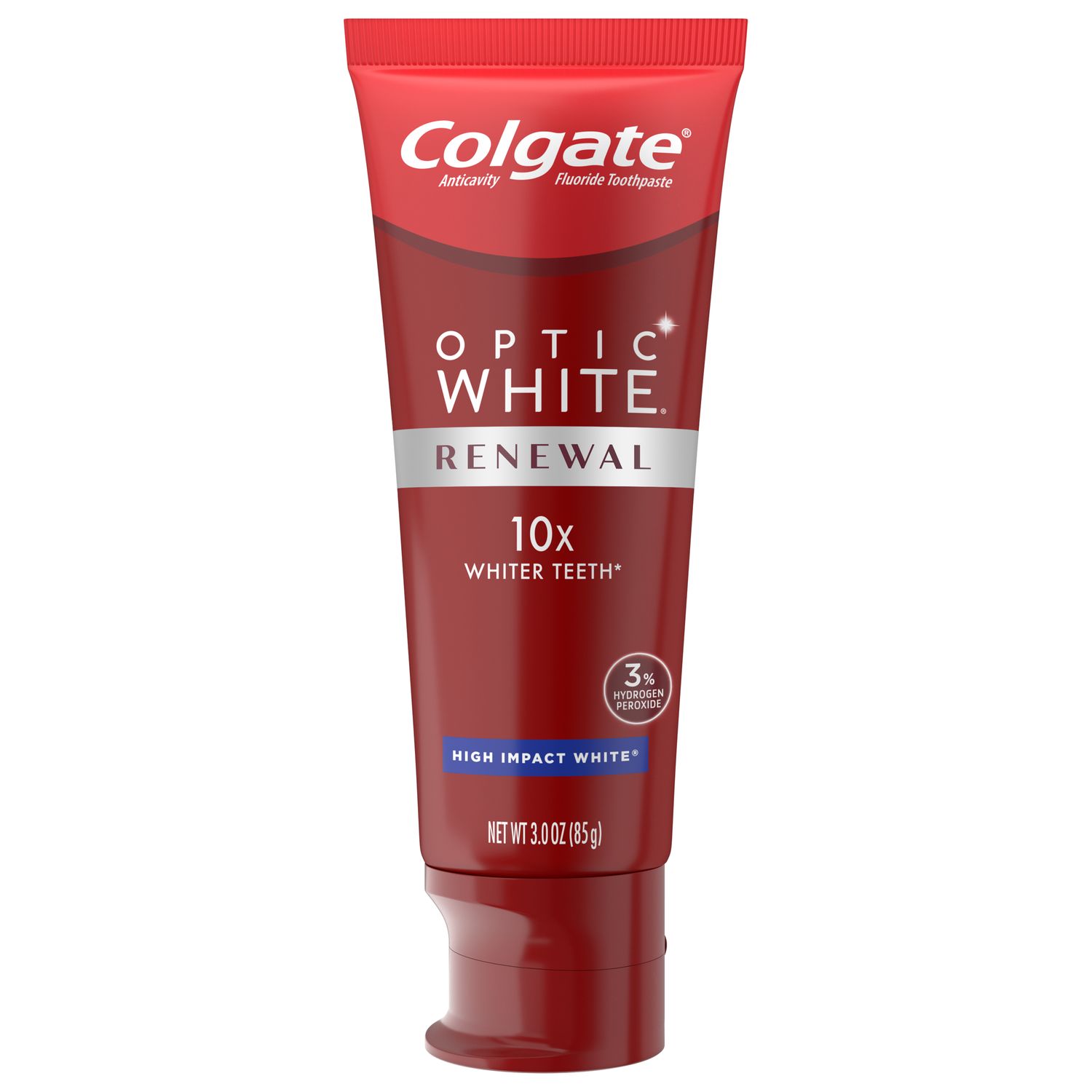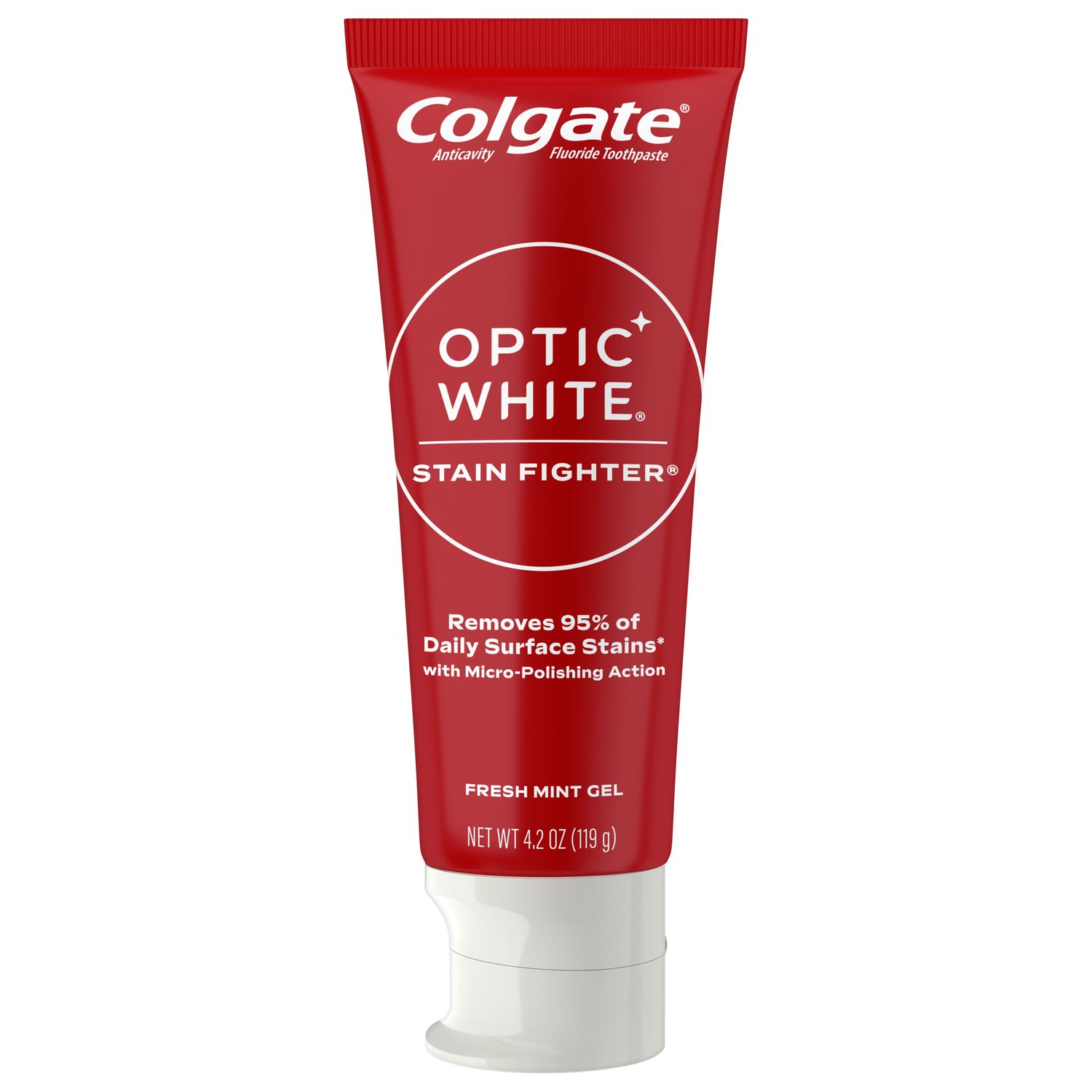Teeth Whitening
Not all teeth whitening options are created equal. Some are not only ineffective at what they claim to do but may harm your gums or cause health problems. We've rounded up popular at-home options to avoid and alternatives to explore.
Strawberry Teeth Whitening
One of the newer claims making the rounds online is that strawberries are a cheap and effective DIY teeth whitening option. You simply crush the berries into a paste, rub it onto your teeth, and wait for it to work its magic. Some recipes also call for the addition of baking soda, too. But how exactly does this work to whiten teeth?
How Do Strawberries Whiten Teeth?
According to fans of this technique, strawberries have a mild bleaching effect on the teeth thanks to the citric acid, malic acid and other acids they contain. Baking soda is a mild abrasive that is often used in whitening toothpastes to gently lift away stains as you brush, so this ingredient is often added to increase the whitening potential of this home remedy.
Is Strawberry Teeth Whitening Effective?
Unfortunately not. Acids like citric acid can have a temporary brightening effect on the teeth, but they will typically return to their previous color soon after. According to Operative Dentistry, when compared with proven OTC, in-office, or at-home options, a strawberry-baking soda mixture was not effective at whitening teeth. In fact, it could be actively harming them…
Is Strawberry Teeth Whitening Safe?
According to the American Dental Association (ADA), fruits mixed with an abrasive (like baking soda) can actually cause harm. Those strawberry acids that brighten the teeth can also eat away at the tooth enamel and leave you with sensitive teeth, especially if they’re rubbed in and left to sit on the teeth on a regular basis. As your enamel gets thinner, the darker dentin underneath can start to show through, giving your teeth a yellow-ish hue – the exact opposite of your goal! And while baking soda is certainly a safe and natural ingredient, it can also contribute to enamel loss through abrasion if it’s not used correctly.
Strawberries also contain sugar, so strawberry teeth whitening can increase your risk of plaque, tooth decay and gum disease. So don't waste spare strawberries for teeth whitening – eat them as a healthy snack instead.
Charcoal Teeth Whitening
You’ll want to take a pass on trying this trend, which involves brushing activated charcoal onto your teeth. The claim is that the powder absorbs stains and bacteria, resulting in whiter teeth.
According to the ADA, no evidence proves that using charcoal on your teeth is effective or safe. In fact, using materials that are abrasive (like charcoal) can make your teeth look more yellow in the long run.
Oil Pulling for Teeth Whitening
Oil pulling is a widespread cultural practice in India and other parts of Asia that involves swishing around oil in your mouth before spitting it out. However, this method is not backed by evidence and not recommended by organizations like the ADA. According to the British Dental Journal, oil pulling may actually be detrimental to your health, with pneumonia and nausea as potential side effects.
Safe and Effective Teeth Whitening
When it comes to oral health advice, stay away from blogs written by amateurs and advice passed between friends or family and stick with the pros. Many viral techniques or folk remedies that supposedly brighten your smile may be ineffective and unsafe.
If you’re concerned with your smile's appearance, a dental professional should be your go-to for advice and recommendations. They can help guide you on the best way to whiten your teeth while considering your health history, budget, and unique smile.
Luckily, there’s a wealth of teeth whitening options available on the market that are safe and effective:
- Stain removal toothpaste. These helpful toothpastes contain polishing agents or mild abrasives that help remove stains from the outer layer of your teeth.
- Over-the-counter whitening products. Typically available in gels or strips, these products allow you to do-it-yourself at home without a trip to your dental professional.
- Professional in-office bleaching. Schedule a visit with your dental professional for the most powerful whitening available, applied by an expert in a safe environment.
- Professional at-home bleaching. Your dental professional can also offer a custom-fitted tray so you can bleach your teeth at home with expert guidance and instruction.
Otherwise, your most potent tool to keep your smile white for a long time to come is to simply maintain proper oral health. Follow these guidelines:
- Gently brush your teeth for two minutes twice daily with a soft-bristled brush.
- Clean between your teeth once a day using floss, a flossing device, or an interdental brush.
- Rinse with mouthwash or antiseptic mouth rinse.
- Consume a balanced diet that’s low in sugary and acidic items.
- Visit your dental professional regularly.
You’ve made a great choice to research the effectiveness of strawberry teeth whitening. It’s best to stick to the research-backed methods for your oral health and use your dental professional as a valuable resource. You’re now ready to whiten your smile with knowledge of the methods that have been proven to be safe and effective.
This article is intended to promote understanding of and knowledge about general oral health topics. It is not intended to be a substitute for professional advice, diagnosis or treatment. Always seek the advice of your dentist or other qualified healthcare provider with any questions you may have regarding a medical condition or treatment.
ORAL HEALTH QUIZ
What's behind your smile?
Take our Oral Health assessment to get the most from your oral care routine
ORAL HEALTH QUIZ
What's behind your smile?
Take our Oral Health assessment to get the most from your oral care routine















